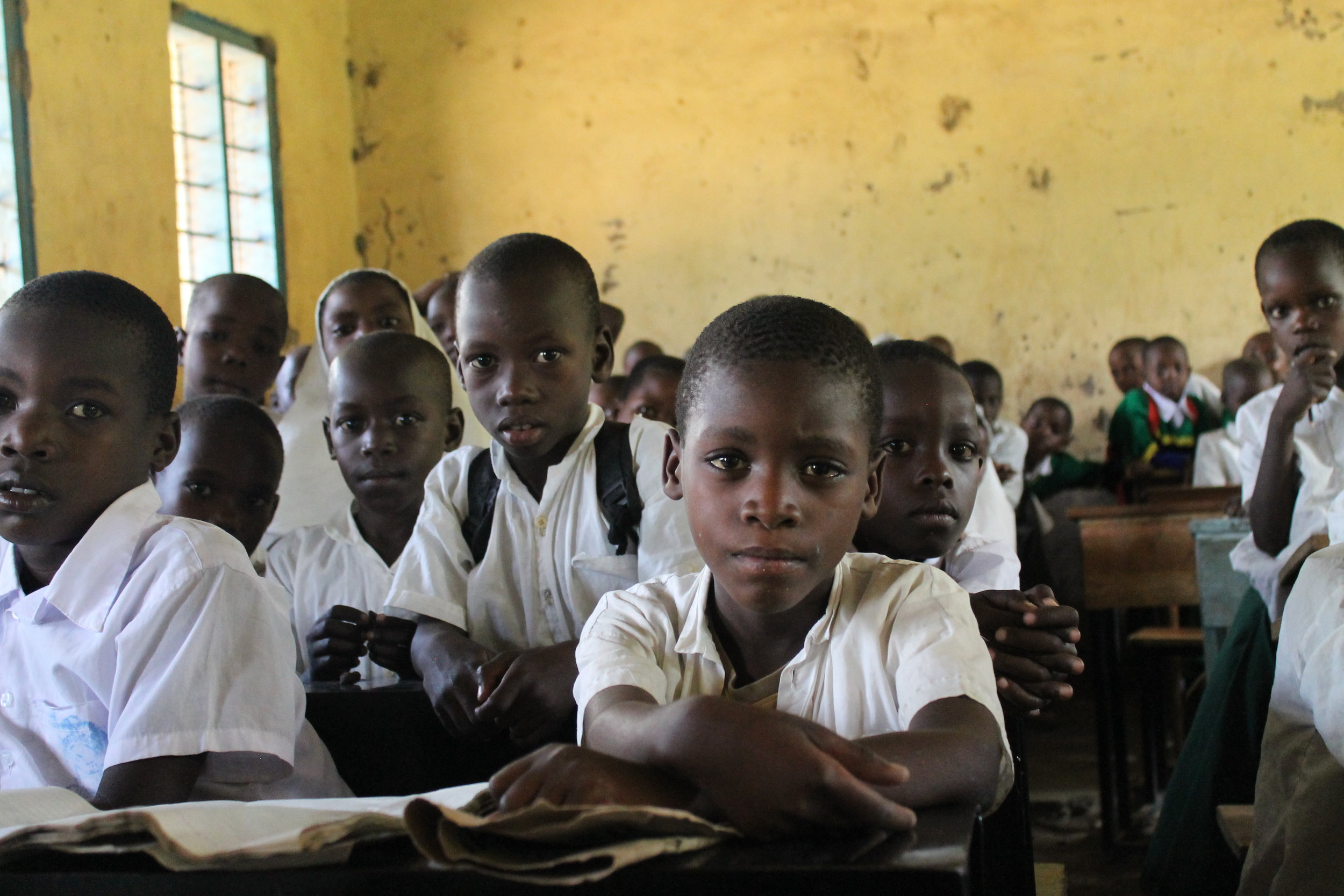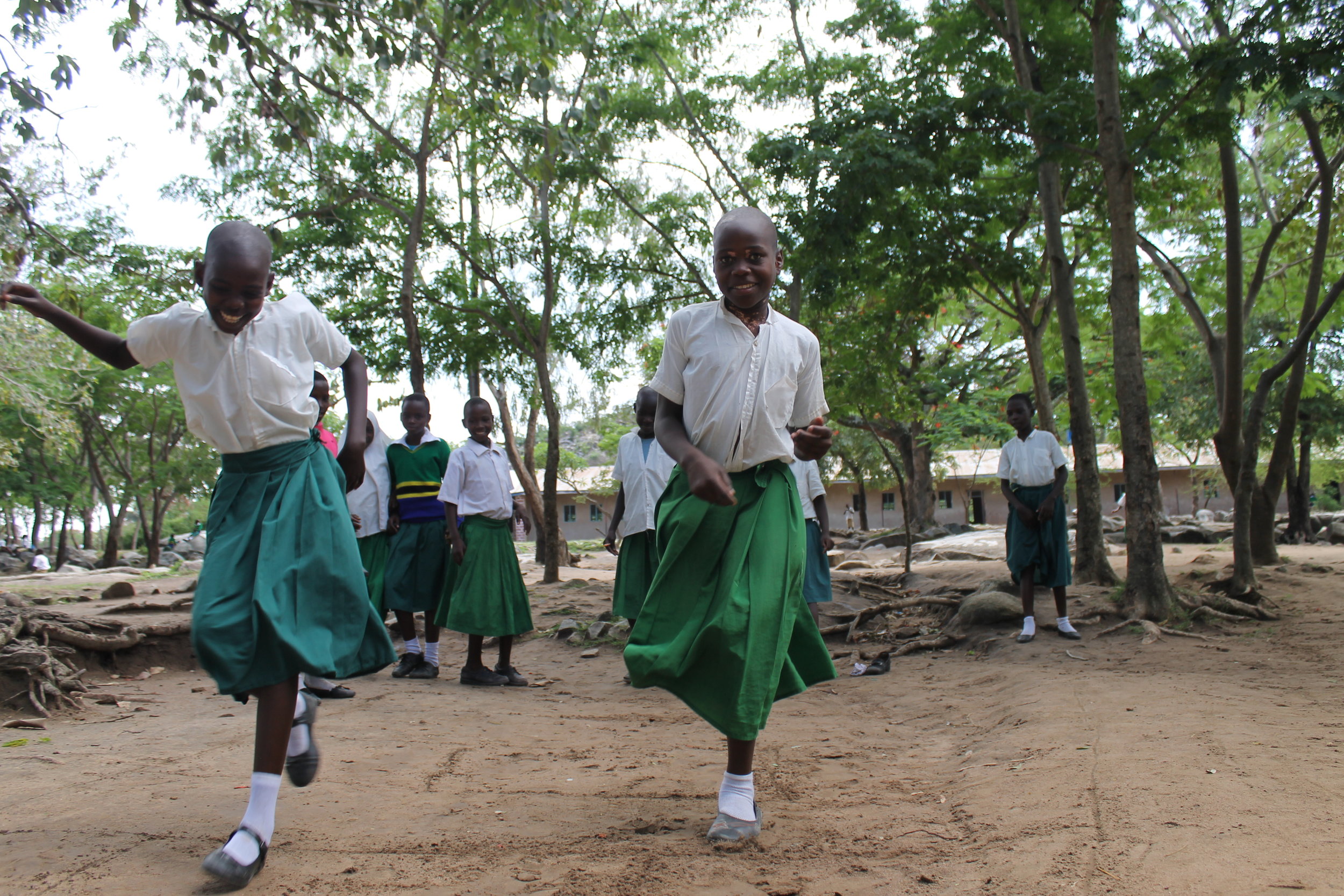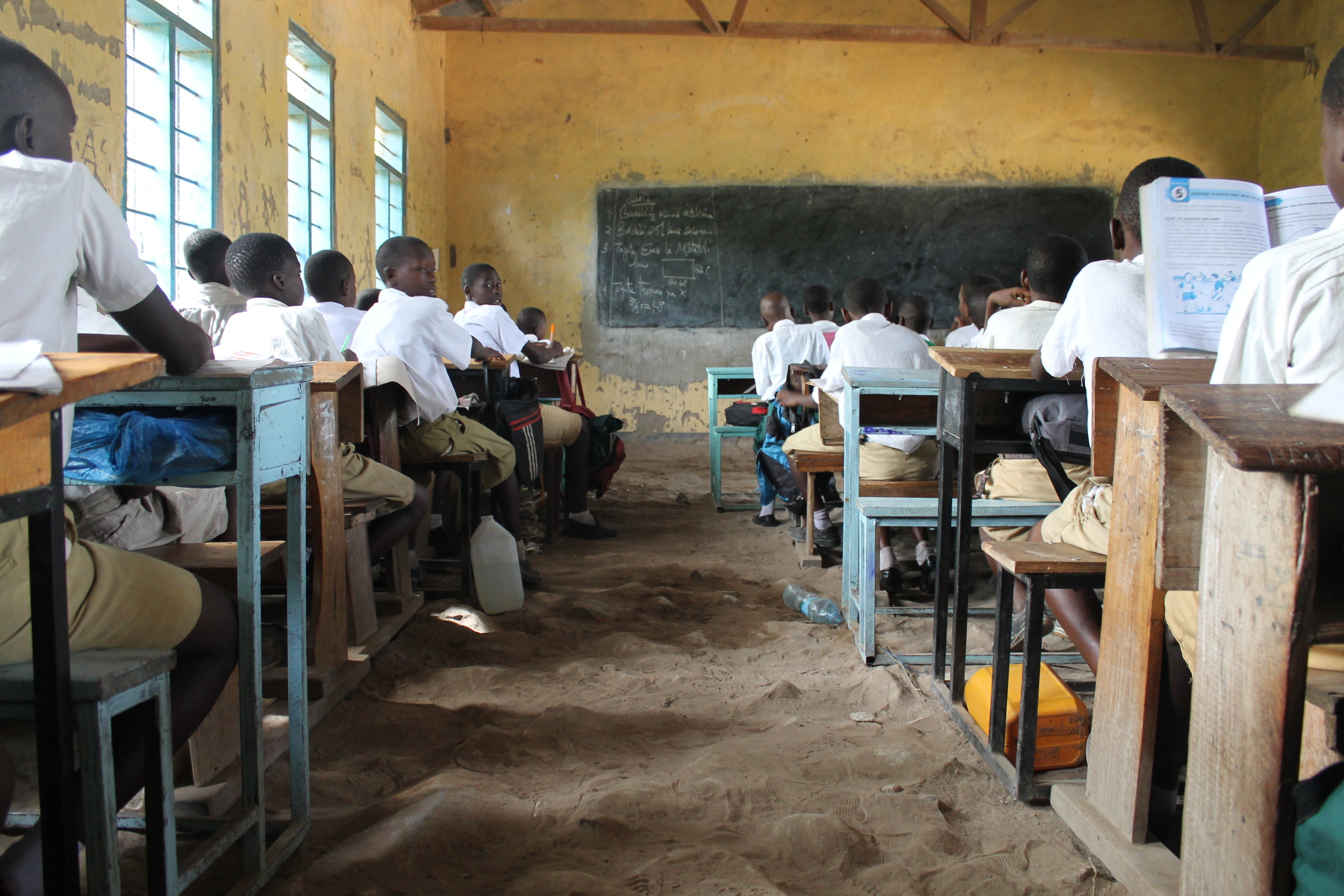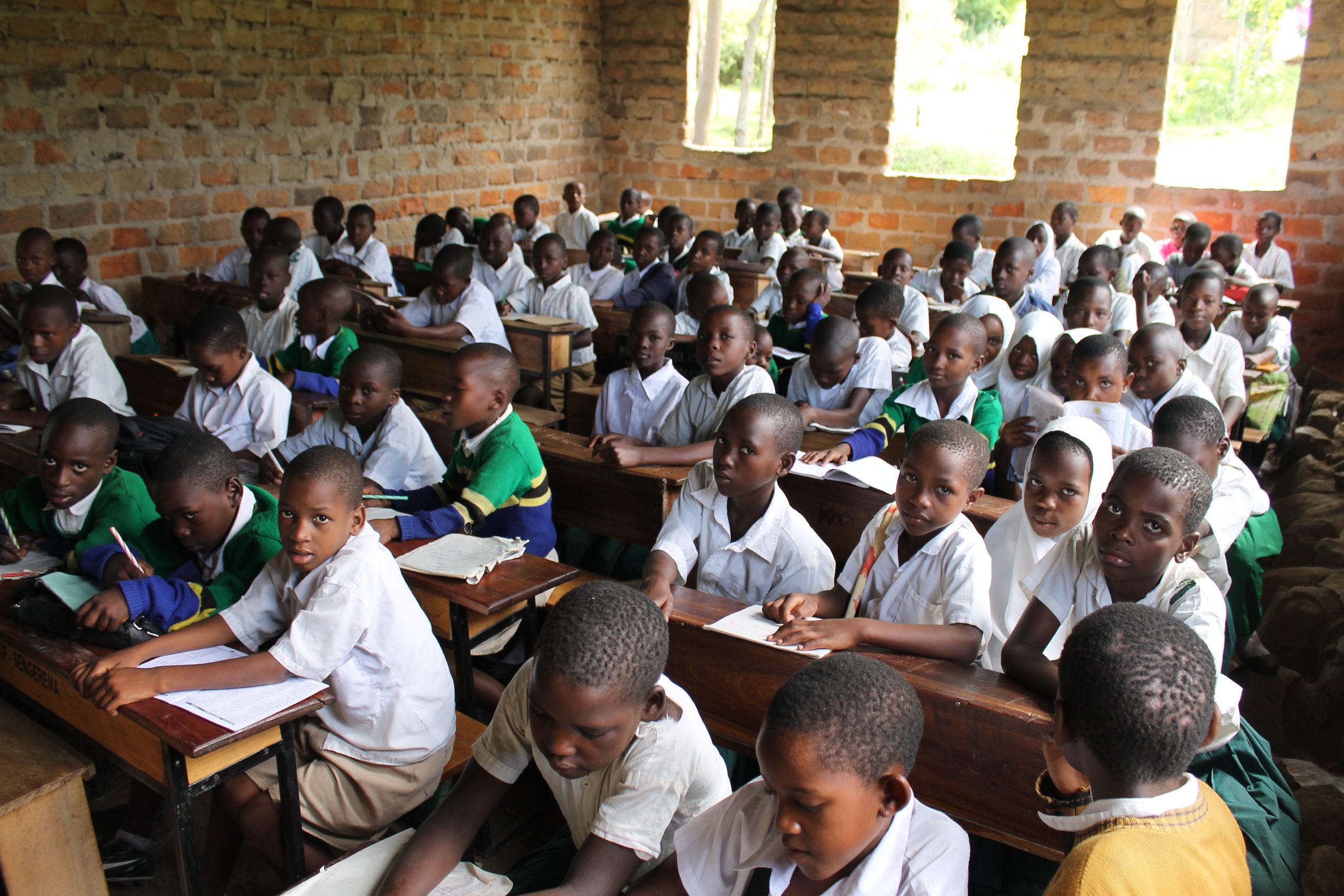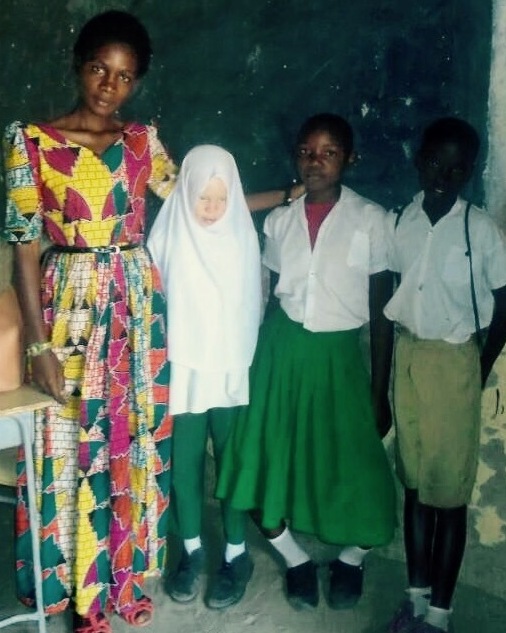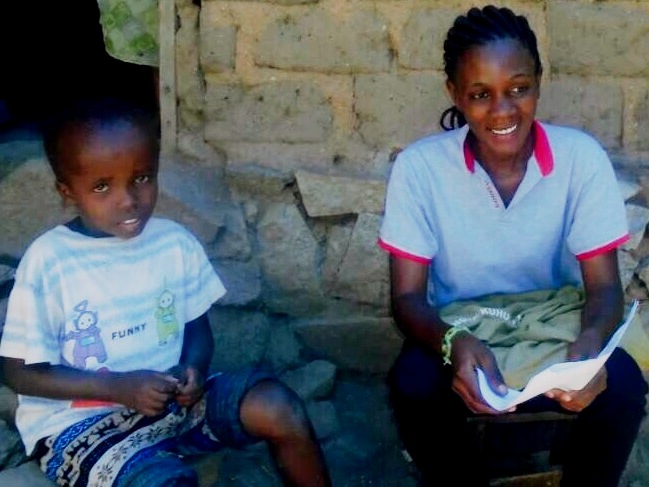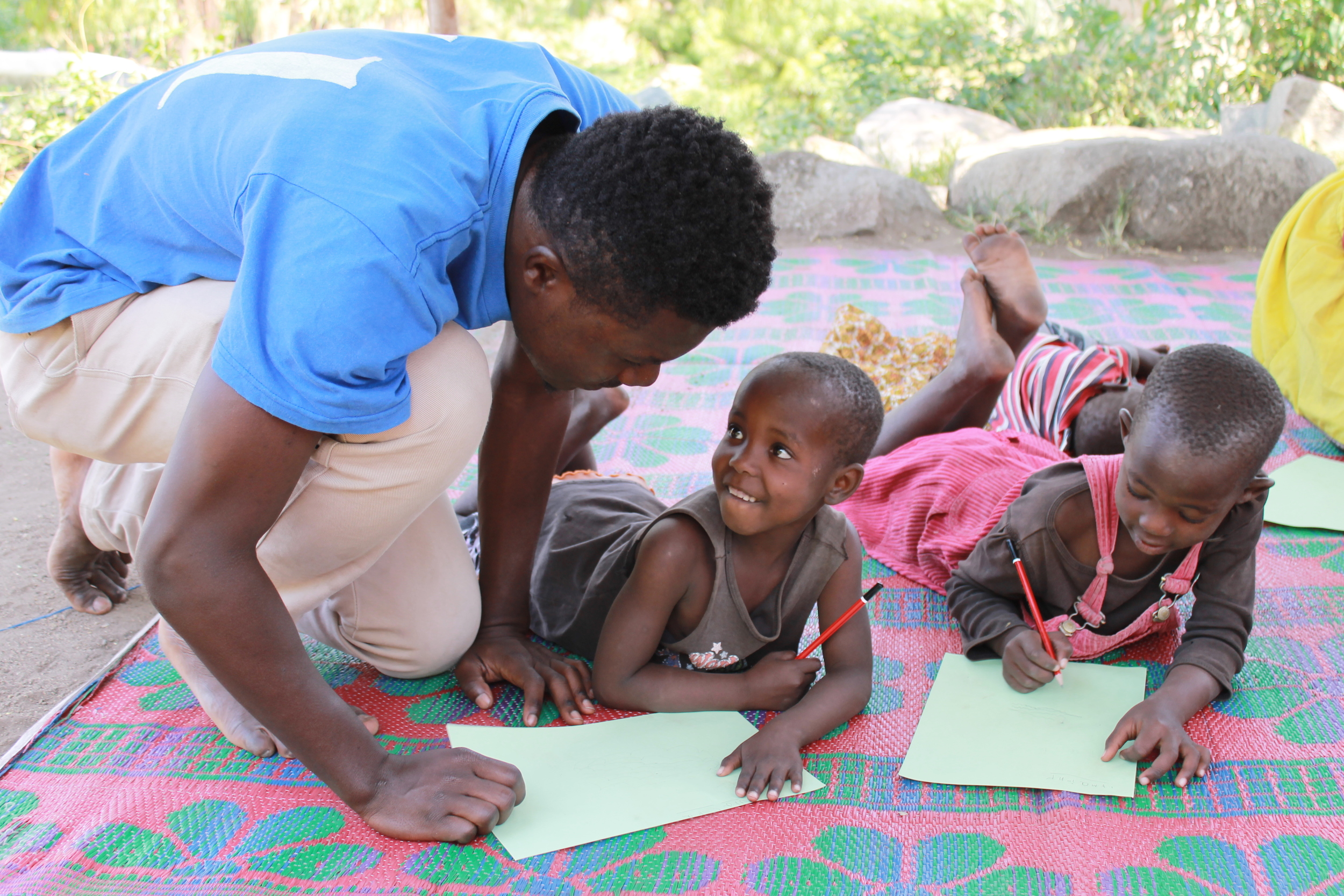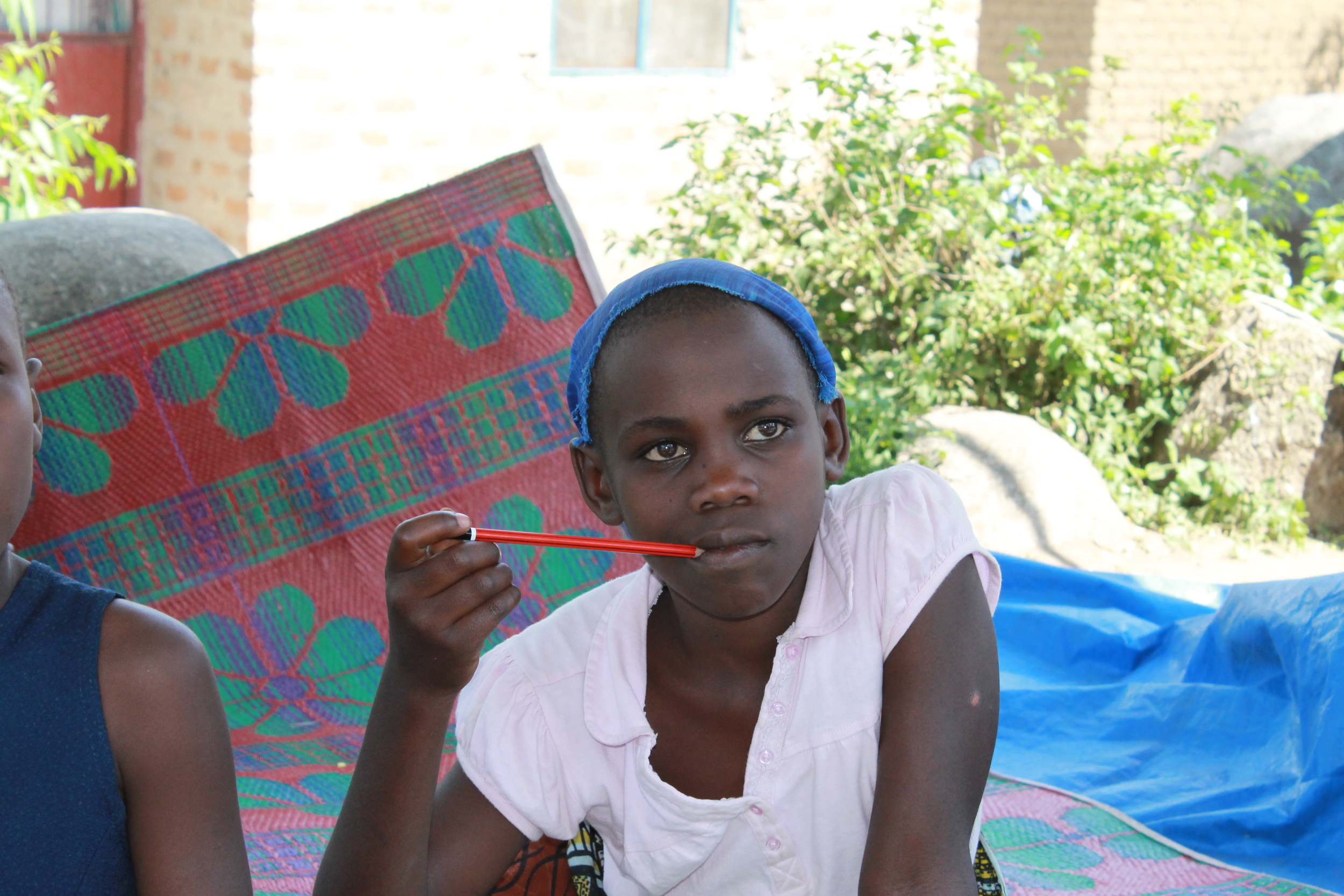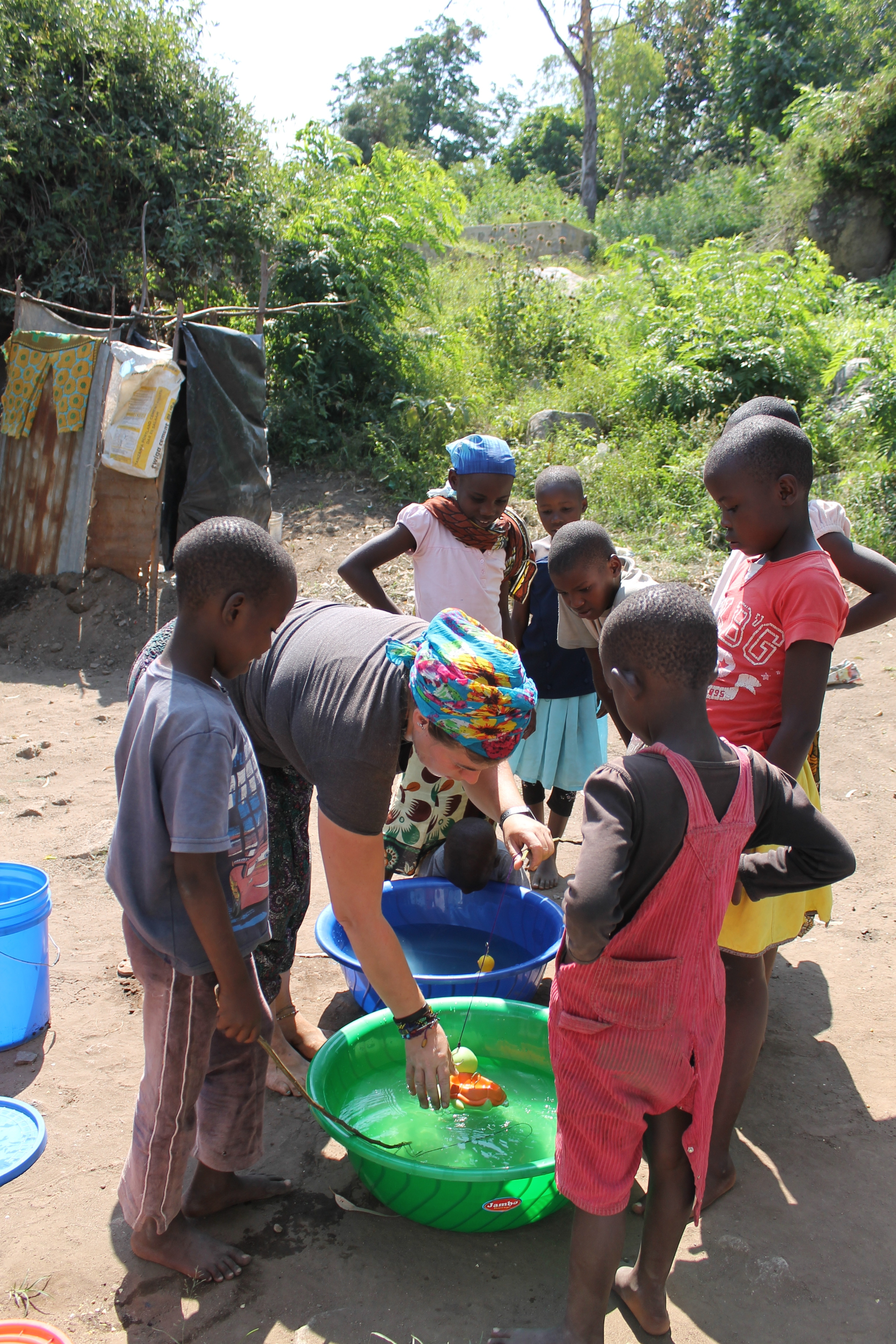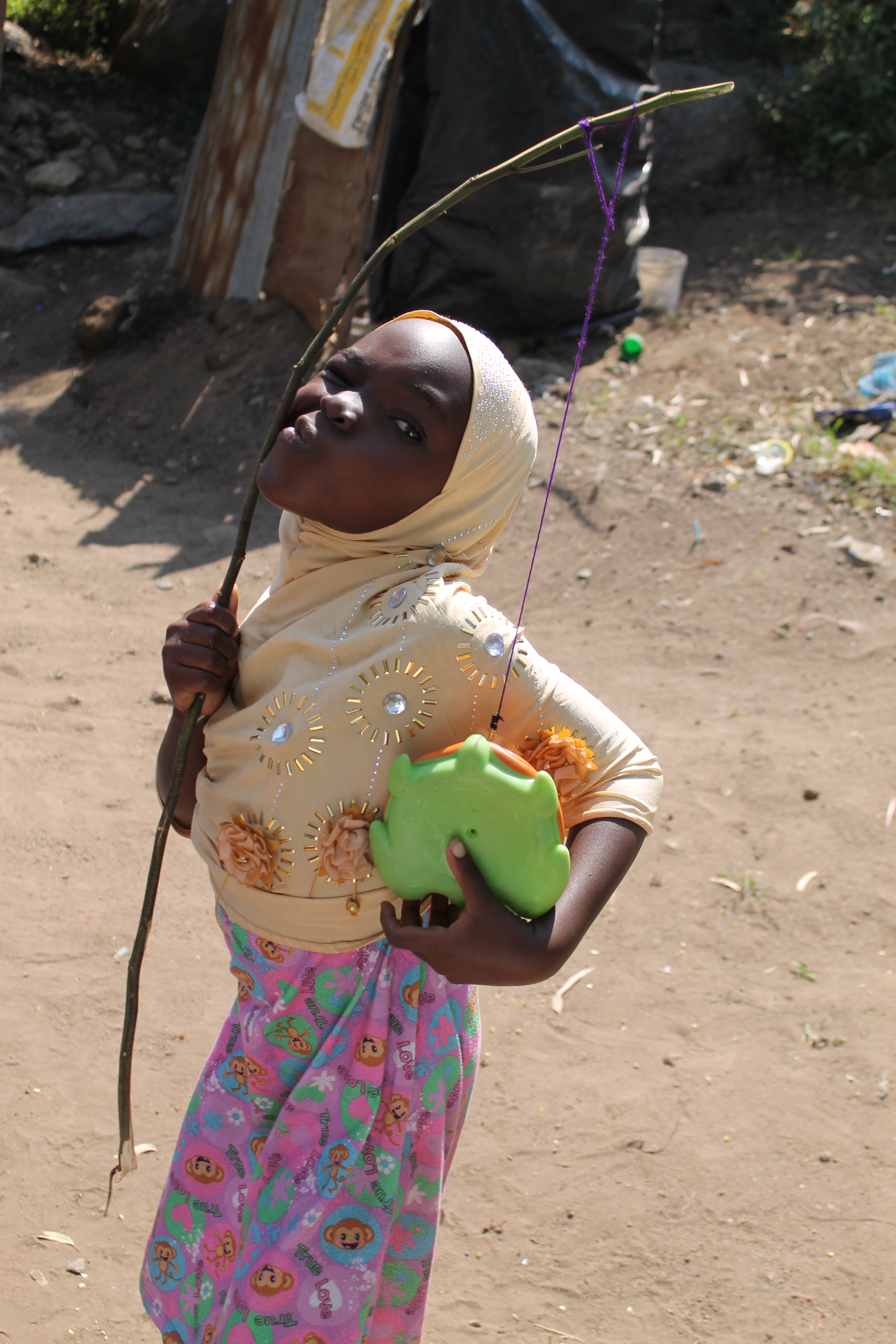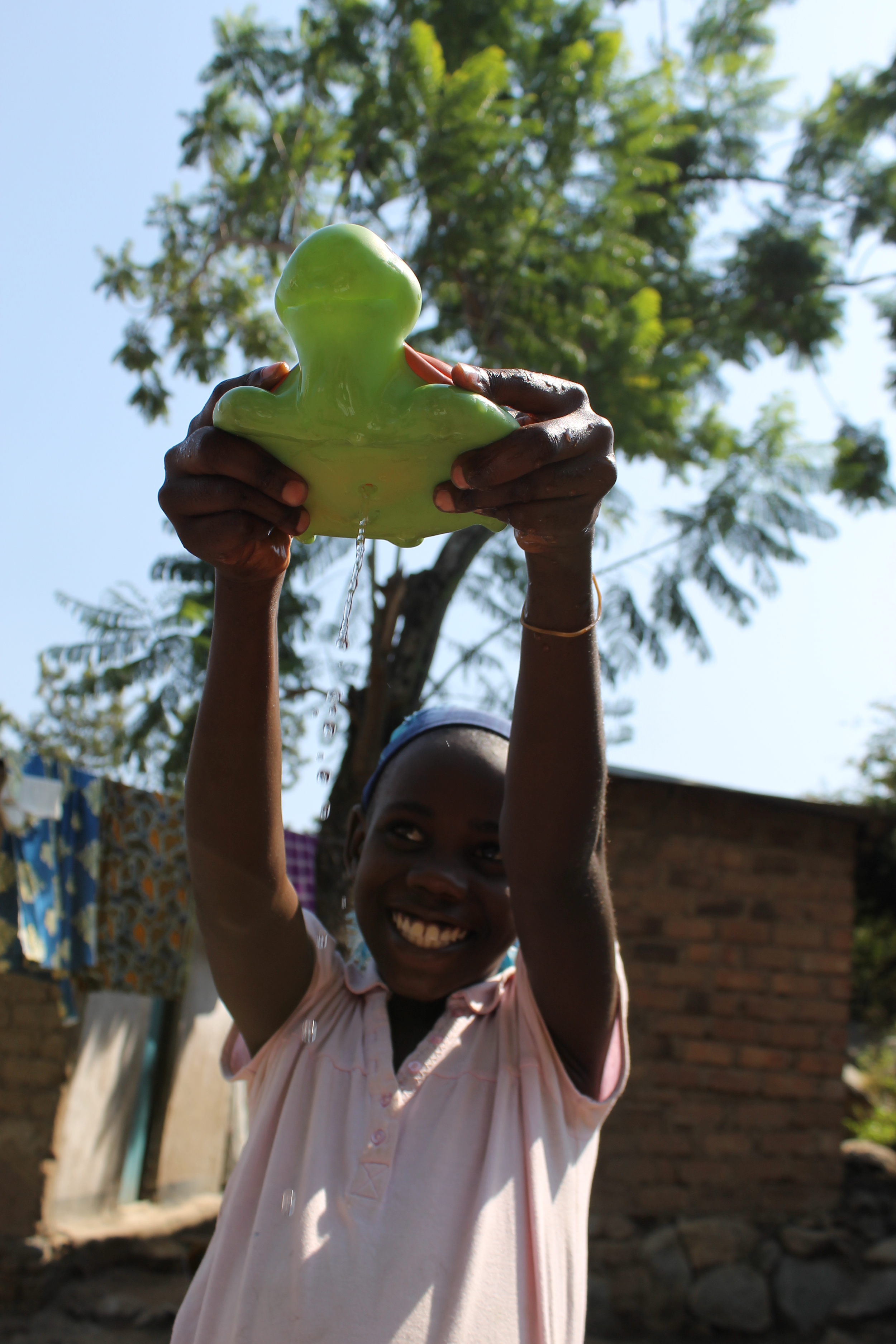“Education is not a way to escape poverty, it is a way of fighting it”
Achieving universal primary education is the second Millennium Development Goal, with the target stating: by 2015, children everywhere, boys and girls alike, are able to complete a full course of primary schooling (MDGs 2000). Tanzania is committed to achieving this goal. However, it is impossible for the country to provide education for all, without improving access to education for children with disabilities; and the situation at grass roots level is not encouraging.
Cedar Tanzania has identified and registered, so far, 314 people with disabilities (167 males,147 females) in the Nyamatongo ward. However the national statistics indicate that the number is a lot higher given that PWDs often stay hidden in the community.
According to CHAWATA, an association for people with disabilities, there are many children of school age with special needs facing challenges in acquiring education in the ward. However CHAWATA also does not have the exact figures. It is therefore Cedar Tanzania’s hope to initiate a project that will begin by identifying and registering school aged children with disabilities in Nyamatongo ward. We hope to also identify their personal challenges and needs.
Background
Kamanga village has two primary schools in one compound. They share all the facilities. Tanzania has an inclusive education system which encourages children with disabilities to learn alongside those that have no disabilities or special needs. At this time there are no children with disabilities attending these two village schools. One of the reasons is that the general school infrastructure is not supportive of pupils with special needs. There are no transportation systems that can bring the children to the schools. And some families live a sizable walking distance from the school and have no means to carry or bring their children to school every day.
Assessment
Cedar Tanzania visited three units (which have children with special needs integrated in regular schools). These units were found in the Mwanza region. Cedar Tanzania staff limited their observations to the general environment surrounding the children with special needs that were attending these three units. Teachers were interviewed and a general picture of the existing status in relation to education for children with special needs in the region was established.
Cedar Tanzania made the following observations;
There is an unfriendly learning environment for children with special needs; generally, the learning environment in the schools that were visited, were not tailored to host pupils with special needs (CWSN). The CWSN faced challenges in using various facilities within the school environment. For example, some CWSN were unable to physically access the same toilets as the other children; therefore, teachers had to assist them by taking them outside in the school yard to relieve themselves.
There is Stigma; Cedar Tanzania staff found that non special needs teachers tended to stigmatize children with special needs and were less likely to offer help to fellow teachers of children with special needs; thus limiting the amount of care that they were receiving in the school.
The problem of generalization; the existing educational system and curriculum used do not cater specifically for children with special needs. There is a lack of a good framework and structure to assess and address the education of the children according to their specific needs.
Cedar Tanzania’s outcome framework operates in four major sectors, namely Health, Education, Community Empowerment and Training & Entrepreneurship. Working together with children with special needs in Kamanga village, will contribute to 3 major areas of our work Health, Education and Community Empowerment, as shown below:
Join us and help us achieve these goals. Are you a teacher or educator? Can you donate learning and teaching materials? Can you help us raise the money we need to meet some of our short term or long term goals? Contact Us
Pilot Project
The Kamanga Baseline Survey highlighted some major needs in the education system. It pointed out that the education system was failing children and young people due to high class numbers and lack of educated teachers and resources.
In response to the survey findings we initiated our first pilot education project, in 2015, called Upendo Klabu ya Watoto (Love the Children Club). It’s main aim was to form relationships with the children and guardians and parents of Kamanga community.
We educated children using elements of the Tanzanian Pre-Primary Science syllabus, through creative methods and focused on water, food and health. Approximately 30 children in were involved in this project, attending weekly two hour sessions for eight weeks.
We had parents praising us for this initiative and the children’s response was very positive. The success of this project highlighted to us the need for more interactive methods to engage children in education.
We would like to build on this pilot project by focusing more on supporting children with special needs. Adapting the curriculum and teaching methods to best meet the needs of each child is our hope.
Join us and help us achieve these goals. Are you a teacher or educator? Can you donate learning and teaching materials? Can you help us raise the money we need to meet some of our short term or long term goals? Contact Us


